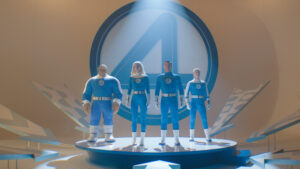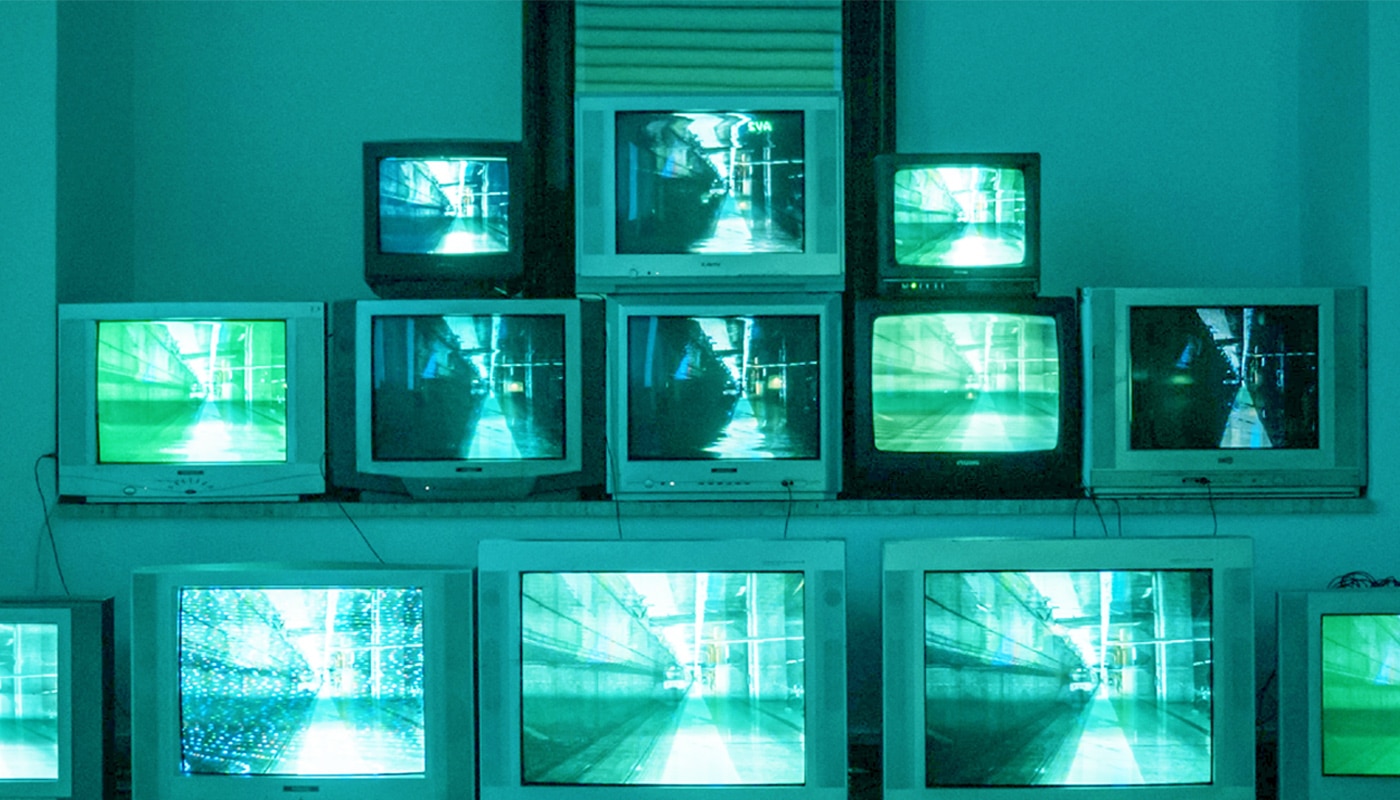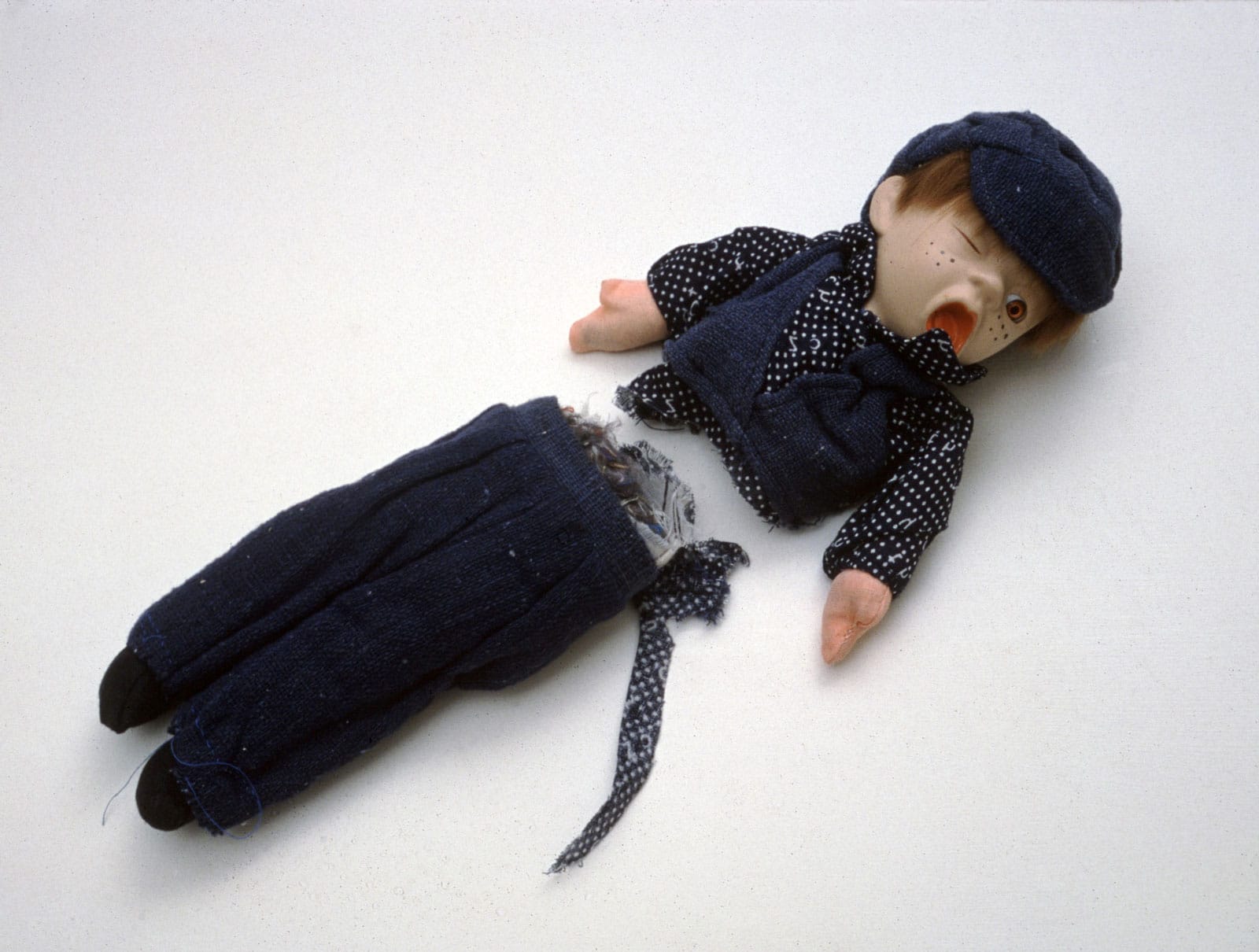
Marvel’s in trouble. The once box office-dominating brand has hit every branch on the way down as of late, from cancelled shows to thinning audiences. So, consider it a sign of the times that the folks behind the behemoth have attempted to enliven their cinematic futures not by looking forward, but instead casting their gaze way back.
The Fantastic Four, the third attempt to make the family of superheroes work on the big screen, jettisons the usual digital sheen of superhero properties in favour of old-fashioned nostalgia. Set in an alternate, 1950s-style world, the film’s visual style and production values have been heralded as a bold break from the norm – which is funny, given how deliberately re–trotted they are.
Not only has ‘50s fantasy been done before in, y’know, the ‘50s, but we’ve already had multiple recycles of that trend, from the glossy world of Mad Men to the screwball textures of films like Down With Love. Marvel’s “new” style is not just a throwback. It’s a throwback of a throwback.
The antidote to irony
The film’s not alone in that open nostalgia, either. James Gunn’s Superman reboot attempts to make the gung-ho, gee-wizz character work by similarly leaning into an old-school fantasy, where journalism is heralded as truth-telling, and unabashed optimism is the name of the day. Then there’s Lena Dunham’s new rom-com series Too Much, which offsets its decidedly modern story with near constant references to Jane Austen-inflected romance, openly lusting after a bygone world where manners ruled the day, and sincerity was the default response.

This sudden rush of nostalgia can be read, above everything else, as a society trying to shake itself free of cynicism and layers of irony. The 90s saw post-modern go mainstream, with every cinematic hero affecting a wise-cracking, subversive mode, and over the decade and a bit after, that irony only got more layered. Eventually, you end up with someone like Deadpool, who can’t take a breath without acknowledging that he’s a character in a movie.
It was the writer David Foster Wallace who saw where this was all going to take us, writing over 20 years ago that “irony and ridicule are entertaining and effective, and that, at the same time, they are agents of a great despair and stasis in US”. Irony reduces and destroys, and is inherently oppositional in nature – not just aesthetically, but ethically, leaving us paralysed by our own smartness and subversion, without any energy left over to actually do anything.
And our need to do something is only greater than ever – as the world gets darker and more dangerous, it makes sense that we would turn back to the forward thinking and action of the ‘50s. The Fantastic Four and Superman come from a time where heroes actually believed that the world was a good place, and fought to make it even better. Being nostalgic for them means being nostalgic for proactive ethical agents, who, rather than spending their time brooding and moaning, fought for something. In short, it means being nostalgic for hope.
Nostalgia’s trap
But if we seek to distance ourselves from the dangerous trap of irony, then we should be careful to not run too open-armed into nostalgia. Nostalgia, after all, is its own kind of trap. Rather than making something genuinely new – something that responds to the world as it actually is – nostalgia is inherently regressive.
Philosopher Mark Fisher wrote about exactly this, seeing nostalgia as part of the “slow cancellation of the future”; the eradication of possibility and free-thinking. No wonder that conservatives the world over, Donald Trump chief among them, have aggressively nostalgic worldviews: nostalgia, when used improperly, can be a form of ethical despair and stasis too.
The nostalgia trap is laid bare in another film released this year – Danny Boyle’s 28 Years Later. In the film, an isolated community trying to get by in a post-apocalyptic world, find their strength in visions of nostalgic Britain. In one montage, early in the film, two of our heroes making their way across a dangerous landscape are intercut with images of British soldiers at Agincourt, all scored to a Rudyard Kipling poem – Kipling being that hero of early British imperialism. The heroes in Boyle’s film try to survive and draw their strength from remembering how things used to be. And in turn, they end up trapped, locked into regressive and cruel worldviews that damage them.
That thesis is made shockingly clear in the last five minutes of the film, where the young hero (spoiler alert), finds himself saved by a roaming gang all made up of thugs dressed like disgraced pedophile Jimmy Savile. The young hero accepts them, open-armed. The kind of nostalgia that he has been raised on has no room for nuance. It’s essentially flattening, making a sort of caricature of England’s past.
In this way, Boyle criticises the nullifying effects of nostalgia: it casts the entire past as something to return to, without remembering its horrors and its shortcomings. If all we ever want to be is what we once were, then we will never truly change.
Nostalgia might be useful to energise us, but only if it’s used selectively and critically – if we aim to be better than what we once were, not merely the same.
As with so many things, we find our way forward through the mid-ground. Not just recreating the 50s, but taking what we want from it – the hope, the energy, the sense of optimism – and jettisoning what we don’t. The way to avoid the cancellation of the future, after all, is by believing that the future exists – that there’s still room, even now, to use the past to create something that has never occurred before.

BY Joseph Earp
Joseph Earp is a poet, journalist and philosophy student. He is currently undertaking his PhD at the University of Sydney, studying the work of David Hume.
Ethics in your inbox.
Get the latest inspiration, intelligence, events & more.
By signing up you agree to our privacy policy
You might be interested in…
Opinion + Analysis
Society + Culture
FODI digital returns for three dangerous conversations
Big thinker
Society + Culture, Business + Leadership
Big Thinker: Ayn Rand
Opinion + Analysis
Science + Technology, Society + Culture
The terrible ethics of nuclear weapons
Opinion + Analysis
Relationships, Society + Culture




